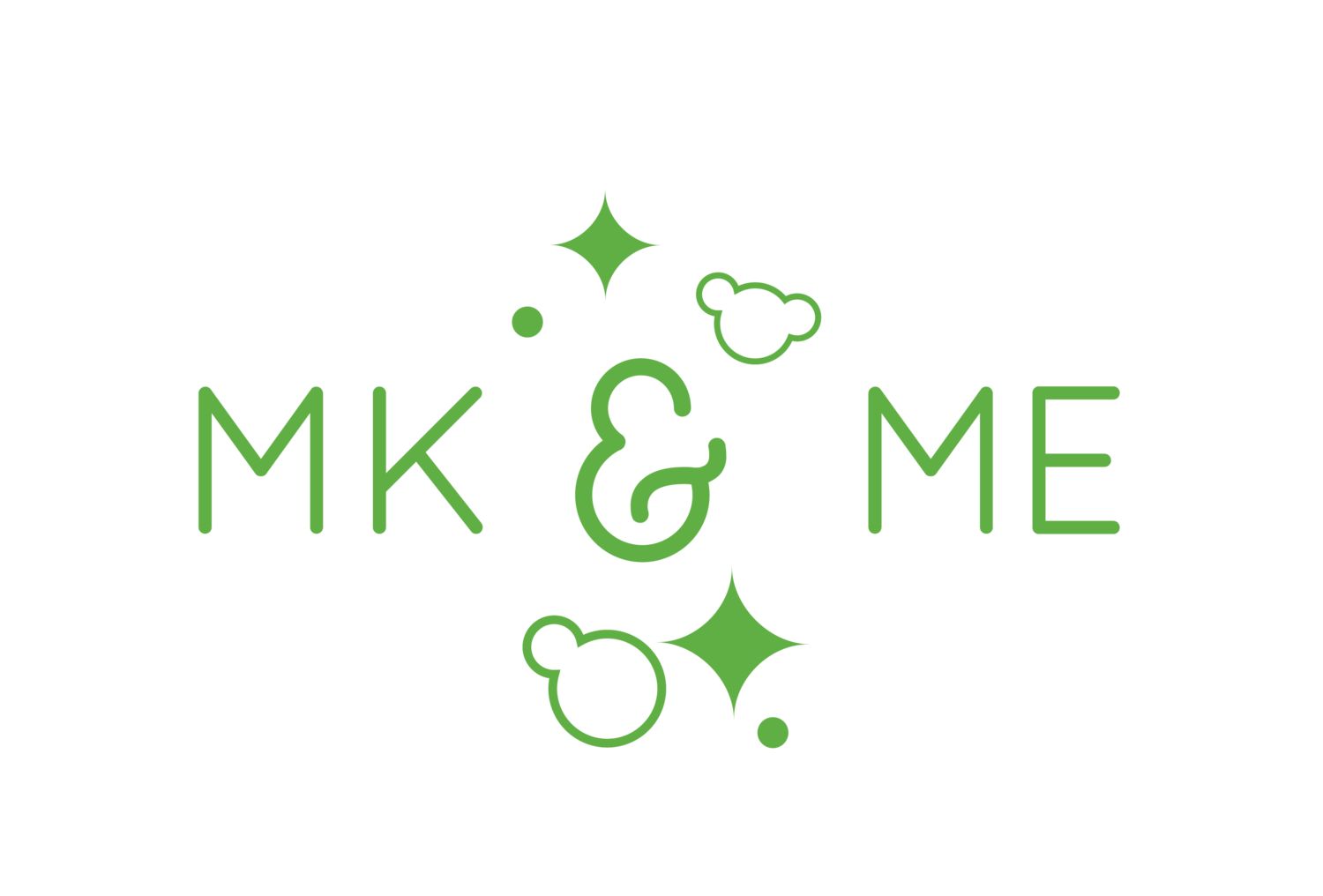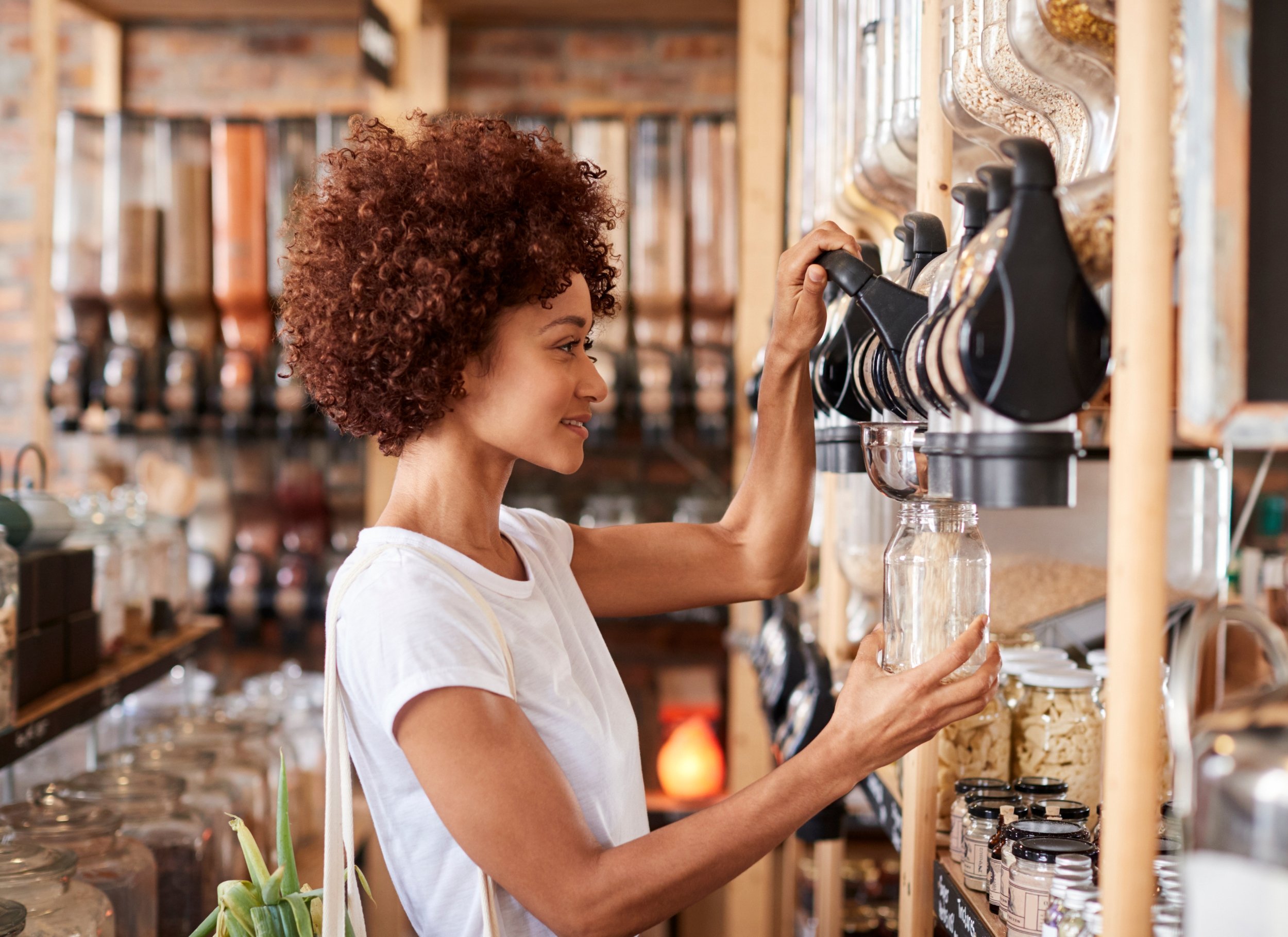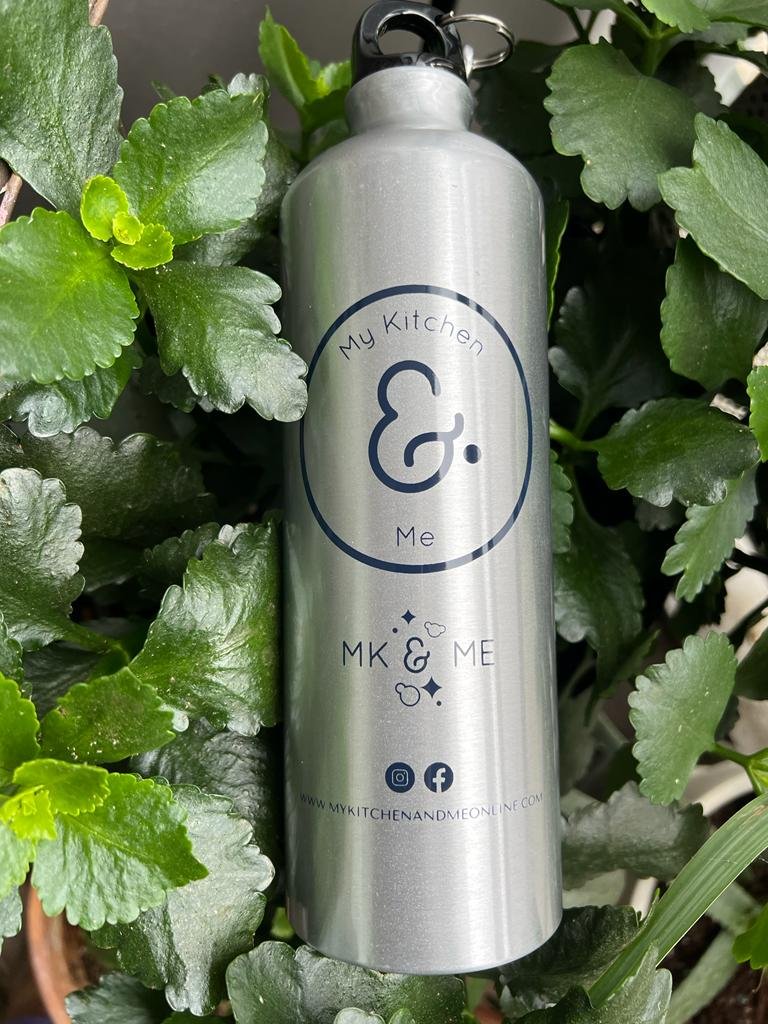10 EASY WAYS TO CELEBRATE PLASTIC FREE JULY
If you’ve landed here, chances are you’re game to take on some eco-friendly lifestyle changes. Thankfully, you’re here at the right time. Introducing Plastic Free July – the perfect time to deep dive into the ideal of a plastic free environment.
So what is the Plastic Free July Challenge?
For those of you who haven’t heard about this plastic free ecochallenge, fear not because it’s pretty simple. Just as it sounds, No Plastic July is simply a month (put on by the Plastic Free Foundation) that's dedicated to reducing our reliance on single-use plastics.
Every year this global movement takes place, encouraging us to become part of the solution to plastic pollution. It’s about making conscious choices to reduce our plastic consumption and considering more sustainable alternatives. In 2020 alone, participants reduced their household waste on average by 23kg per person per year and contributed to a total saving of 940 million kg of plastic waste each year!
How does Plastic Free July work?
Sound like a tall order? Fear not, because it's easier than you think.
No, we're not asking you to suddenly morph into a zero-waste guru overnight. For those who participate in Plastic-Free July, it’ll look a little different for everyone. Some may simply invest in a couple reusable bags or ditch plastic straws, while others swear off plastics entirely. The latter is not a feasible option for the vast majority of people, so instead, we’re recommending 10 simple ways you can make a difference during this plastic free campaign.
Small steps, big impact – that's our motto.
So if you're ready to dip your toes into the world of sustainable living and be free from plastics, you're in the right place. Buckle up and let's embark on this eco-friendly journey together. Ready? Keep reading for 10 plastic free challenge ideas.
10 Easy Ways to Celebrate Plastic Free Day 2023
Ditch the Single-Use Plastic Bags
One of the simplest and most effective ways to reduce your plastic footprint is to refuse single-use plastic bags. These bags can take up to 1,000 years to decompose and send an unimaginable amount of microplastics into our environment. Each year, an estimated 500 billion to 1 trillion plastic bags are consumed worldwide – that's over a million per minute. Yikes!
Luckily, the simplest solution is likely the best – just invest in some reusable shopping bags. Relatively affordable, these can be found in many stores and come in a variety of materials, sizes and designs. Stock up on some cute ones that you’ll be excited to show off around town! Keep them in your car, your purse or by your front door so they're easy to grab on your way out.
The best part? These can easily double as beach bags, purses, overnight bags, picnic baskets and much more!
If you find yourself at the store without your reusable bags, don't panic. Most grocery stores offer paper bag options, which are more easily recycled and biodegradable vs. their plastic alternatives. Or, if you only have a few items, consider carrying them out by hand. Every time you refuse a plastic bag, you're reducing the demand, and sending a message to retailers about consumer preferences.
Make Your Own Snacks
Celebrate no plastic day by making your own snacks!
Making your own snacks is not only a healthier alternative to store-bought snacks, but it’s also an extremely effective way to reduce plastic waste. As we know, many store-bought snacks come in single-use packaging that contributes to the growing problem of plastic pollution. When you prepare your own snacks, not only is there minimal-to-no plastic waste, but you also have control over the ingredients used. This means you can opt for whole foods and avoid artificial additives often found in packaged snacks. Homemade snacks like trail mix, fresh fruit, popcorn or granola bars can be just as convenient and much more nutritious.
(Making your own snacks also allows you to buy ingredients in bulk. The benefits of buying in bulk are coming soon!)
Storing your snacks is another opportunity to go plastic-free. Instead of plastic bags or wrap, consider using reusable containers or beeswax wraps. These alternatives are not only better for the environment but can also keep your snacks fresher. It's a win-win situation for your health and the environment.
Shop in Bulk
Bulk shopping is a practical method to reduce plastic waste. It involves purchasing from bulk bins or specific bulk stores, enabling you to buy the exact quantity needed and reduce single use packaging. Many grocery stores offer bulk sections for dry goods and some even for liquid items. By using reusable containers, you can avoid the usual plastic packaging for these items.
Read More: The Difference Between Recycling and Reusing
If you’re new to bulk shopping, start small. Choose a couple of items you regularly use, bring your own containers, and remember to weigh them before filling. Even without access to bulk stores, buying larger packages instead of multiple smaller ones can still reduce plastic use.
This option is also helpful in combating food waste, and will probably save you some money too! On your next shopping trip, consider bulk shopping as a way to contribute to Plastic Free July.
Pack a Zero-Waste Kit
Pack a zero-waste kit for Plastic Free July!
A zero-waste kit is an awesome tool in your journey to reduce plastic waste. It's simply a collection of reusable items that you can carry with you to replace single-use plastics you might encounter during your day. Packing a zero-waste kit requires a little preparation, but once you get into the habit, it can significantly reduce your plastic footprint.
Here's what you might include in your kit:
Reusable Water Bottle: Stay hydrated and say no to single-use plastic bottles at the same time.
Reusable Coffee Cup: Many coffee shops offer discounts if you bring your own cup.
Reusable Cutlery: Lightweight bamboo or stainless steel cutlery sets are a great alternative to plastic.
Cloth Napkin: Reusable cloth napkins can replace paper ones.
Reusable Straws: If you like using straws, consider investing in metal or silicone alternatives.
Reusable Shopping Bags: These are always handy for unexpected purchases.
Food Containers: These are useful for takeout meals or leftover food when dining out.
Remember, your zero-waste kit should be tailored to your lifestyle and needs. The goal isn't perfection, but rather reducing as much waste as possible. Carrying a zero-waste kit is a small step with a big impact on Plastic Free July (or year-round).
Avoid Plastic Packaging
Packaging is a massive contributor to plastic waste, so it’s an important factor to consider during Plastic Free July. As consumers, choosing products with less or no packaging can make a difference. Explore products that come in glass, metal or cardboard instead, as these materials are much easier to recycle than plastic. Some companies even offer refillable products, like what we covered in our bulk shopping section.
When grocery shopping, opt for loose fruits and vegetables over plastic-wrapped ones. This is both eco-friendly and allows better inspection of produce. For personal care, consider bar soap and shampoo bars, usually packaged in paper or not at all. Keep an eye out for reusable containers for deodorant and toothpaste as well.
Explore Reusable Water Bottles and Coffee Cups
In the United States alone, about 50 billion plastic water bottles are used annually, and the vast majority of those end up in landfills or the ocean. Around 16 billion disposable coffee cups are used each year. These numbers are staggering, but there's a simple solution – switching to reusable options.
Using a reusable water bottle not only reduces plastic waste but also saves you money in the long run. There are tons of options on the market, from stainless steel to glass or BPA-free plastic bottles, all available in various sizes, colors and designs to suit your personal style. Throw on your favorite stickers, or a cute keychain to make it your own!
Many coffee shops now offer discounts to customers who bring their own cup. Invest in a good-quality reusable coffee cup, and it will quickly pay for itself. As a bonus, your coffee will stay hot for longer.
Use a Bamboo Toothbrush
Switching to a bamboo toothbrush is a small but significant step towards reducing plastic waste. Each year, billions of plastic toothbrushes are discarded and take hundreds of years to break down. Meanwhile, bamboo toothbrushes provide a biodegradable alternative that can significantly lessen this environmental impact.
When your bamboo toothbrush reaches the end of its life (usually after 3-4 months of use), you can dispose of it responsibly. Remove the bristles with pliers and recycle them. The bamboo handle can be composted or repurposed in creative ways, such as plant markers in your garden. Not too difficult, right?
Buy Fresh Produce
Make fresh produce a part of your Plastic Free July!
Fresh produce is not only a win for the health of your body, but for the health of the environment as well – so it’s two birds with one stone! Fresh fruits and vegetables typically require little to no packaging anyways, but you can always bring your own reusable bags to bring it down to zero. Simply opt for loose items instead of pre-packaged – which are already better for selecting the freshest items – and you get exactly the amount you need!
Shopping at local farmers' markets or subscribing to a CSA (Community Supported Agriculture) box is another great way to access fresh, package-free produce. These options also support local farmers and promote seasonal eating.
While it may take a bit more time to prepare meals from fresh ingredients, the benefits are worth it. You'll be eating healthier, supporting local businesses and contributing to the reduction of plastic waste. A simple change in shopping habits can make a big difference during Plastic Free July.
Compost at Home
Composting at home is a bit of a commitment, but an awesome practice if you can swing it. It’s a practical way to reduce household waste and create nutrient-rich soil for your garden. Composting involves the decomposition of organic materials, like vegetable scraps, coffee grounds or leaves, into a rich, earthy substance.
By composting, you can divert a significant amount of waste from landfills, where it would otherwise produce harmful greenhouse gasses. It also reduces the need for synthetic fertilizers, which can harm local ecosystems.
Starting a compost pile at home is relatively straightforward. Choose a suitable outdoor spot, start with a layer of browns (like leaves or newspaper) for carbon, add a layer of greens (like vegetable scraps) for nitrogen and then add a layer of soil. Turn the compost pile every few weeks to help it decompose evenly.
If you live in an apartment, consider vermicomposting or using a Bokashi bin. Many cities also offer compost collection programs.
Spread the Word: Share your journey and encourage others to join Plastic Free July!
Remember, the goal isn't to be perfect.
Even small changes can make a huge difference. They certainly don't have to be drastic lifestyle changes, but rather little tweaks that'll help you (and our planet) breathe easier.
And who knows? You might pick up habits that stick around much longer than Plastic Free July. As the saying goes, "We don't need a handful of people doing zero waste perfectly. We need millions of people doing it imperfectly." – Anne Marie Bonneau
For more resources and information on how to reduce plastic waste, visit the official Plastic Free July website. Remember: the most important thing you can do is spread plastic awareness to your loved ones and in your community. Together, let's make our planet a cleaner and healthier place to live.













